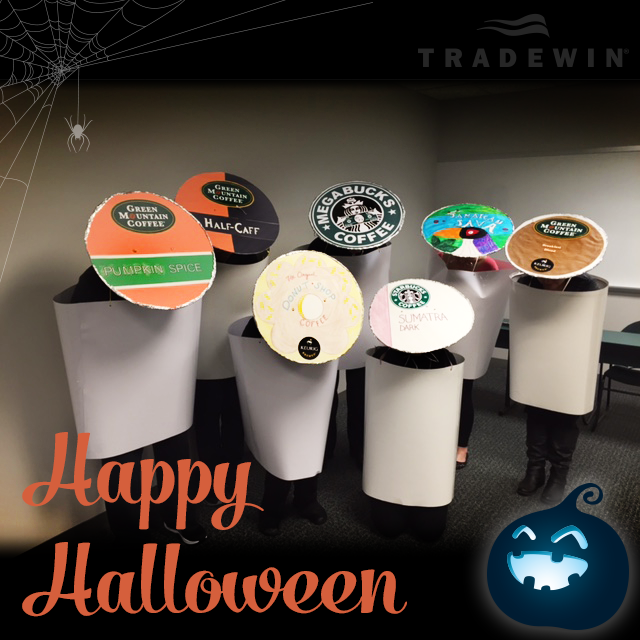Fancy cocktail toothpicks, yoga pants that do not leave much to the imagination, cell phone cases that are no longer in style, and cars that were washed and detailed by Hurricane Sandy while waiting at the port are just some of the items that were imported into the U.S. with the intention of being sold. Instead, they were disposed of and drawback claimed on the duties and fees paid.
People usually think of Duty Drawback as merchandise that is imported duty paid, then exported without entering the commerce of the U.S. However, if the merchandise is not sellable due to damage or defect (or poor taste) the merchandise may be returned to the foreign vendor or destroyed in the U.S. and a claim for drawback of duties paid can be filed. Often it is more cost effective for a foreign supplier to write off the merchandise as a loss and pay for a destruction rather than bear the costs of shipping the items back to the country of origin. This is most common when the items are damaged beyond repair (water-filled automobiles), seasonal (holiday sweaters) or just plain out of date (last years’ cell phone case).







